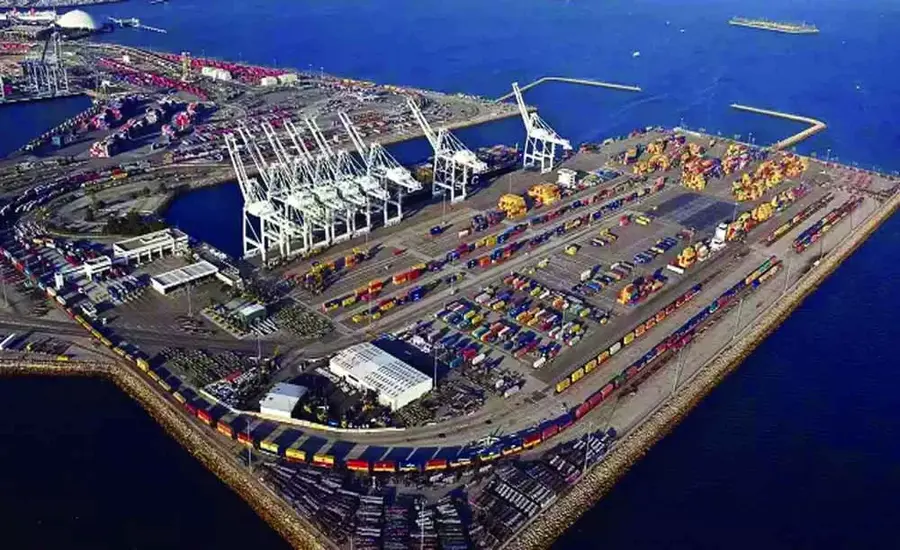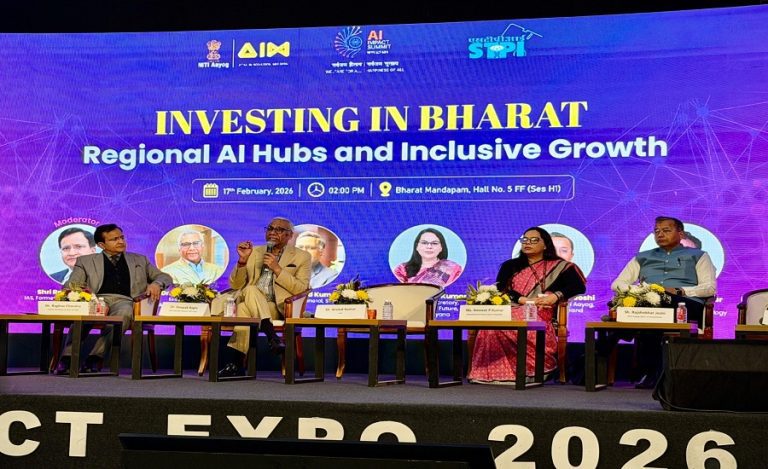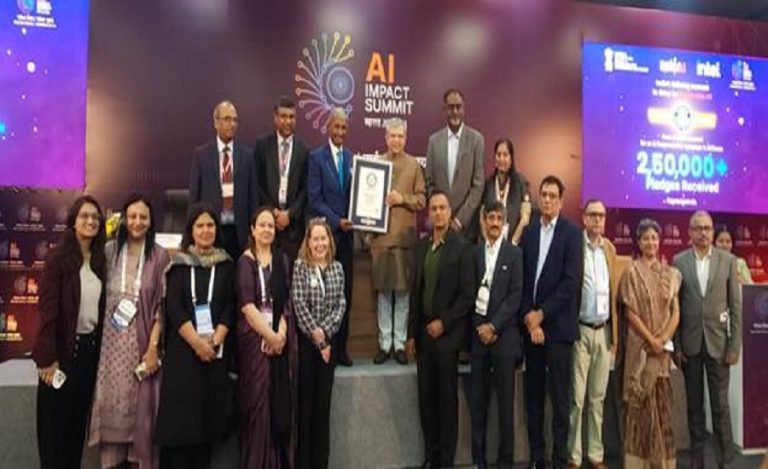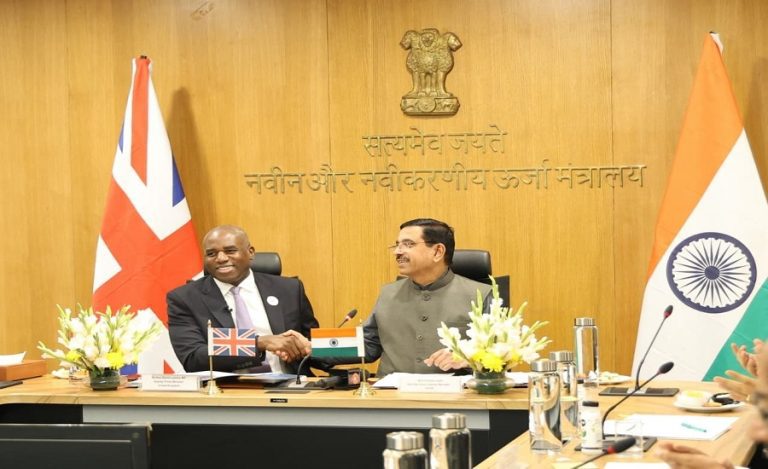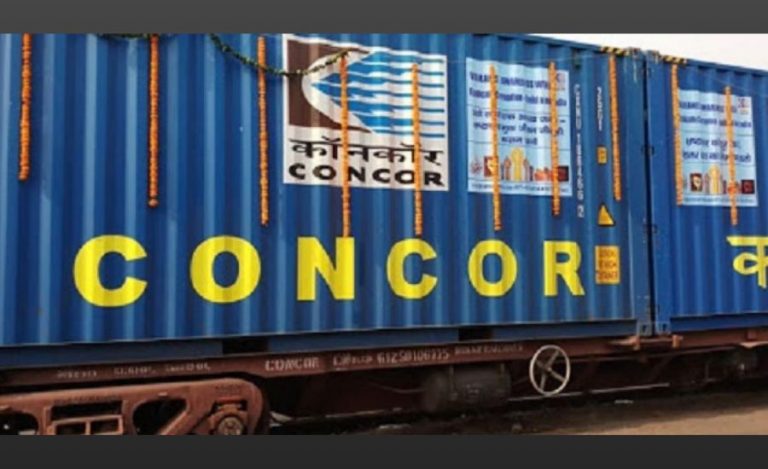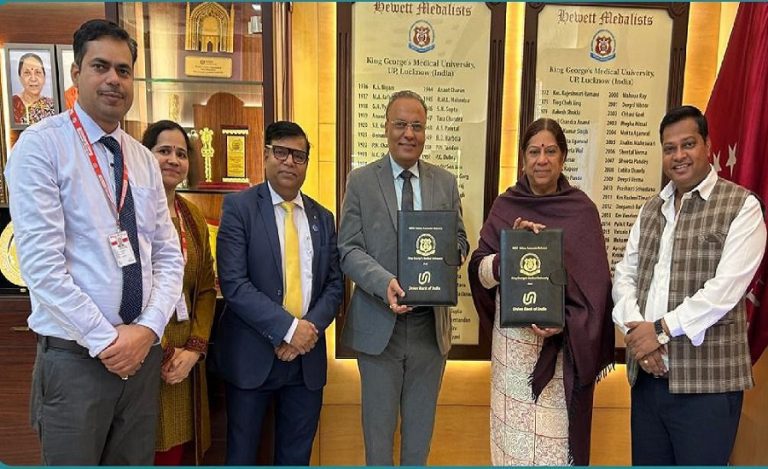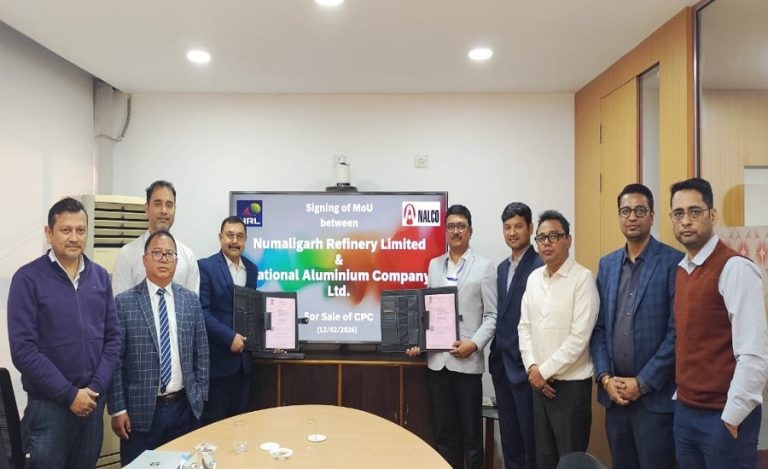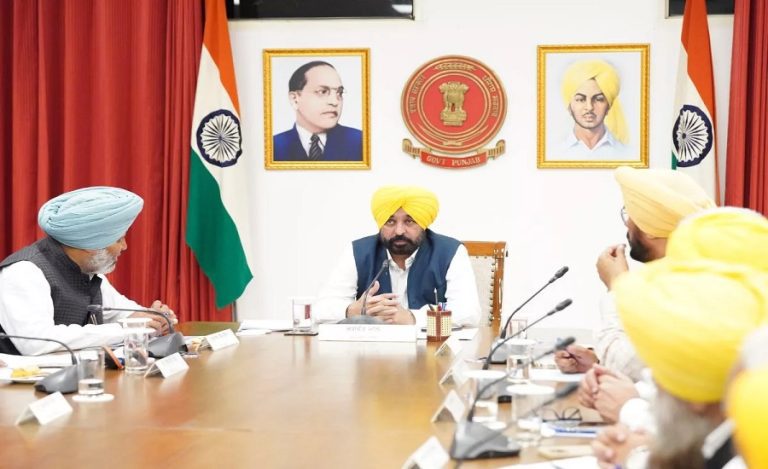In a significant diplomatic breakthrough, India successfully secured a six-month exemption from the United States for its operations at the Chabahar Port in Iran — a move that underscores New Delhi’s growing influence in global connectivity and humanitarian corridors. The achievement was the result of coordinated efforts by three top Indian diplomats — Mr. Vinay Mohan Kwatra, Mr. Vikram Misri, and Mr. Jitender Pal (JP) Singh — whose combined expertise shaped a nuanced, persuasive strategy in Washington.
Also Read: Who Is IFS Manish Gupta? The Senior Diplomat Appointed India’s Next Ambassador to Ireland
Mr. Kwatra’s Leadership in Washington
As India’s Ambassador to the United States, Mr. Vinay Mohan Kwatra played a crucial role in sustaining dialogue and maintaining institutional continuity. Leveraging his prior experience as Foreign Secretary and his deep understanding of U.S. policymaking, Mr. Kwatra directly engaged American lawmakers and officials, including in his October 2025 meeting with Senator Jacky Rosen. His emphasis on Chabahar’s importance to Afghanistan’s stability and regional humanitarian access was instrumental in shaping Washington’s understanding of India’s strategic intent.
Mr. Misri’s Continuity in Strategic Dialogue
Foreign Secretary Mr. Vikram Misri continued the momentum by conducting extensive discussions with U.S. State, Defense, and Commerce departments in May 2025. His balanced diplomacy addressed American security concerns while reaffirming India’s commitment to transparent, developmental objectives. Under his leadership, India’s strategic dialogue with the U.S. evolved into a more structured framework, paving the way for the eventual waiver.
Mr. JP Singh’s Ground-Level Credibility
As head of the Pakistan-Afghanistan-Iran (PAI) Division, Mr. JP Singh’s operational experience in Afghanistan and engagement with Taliban interlocutors lent vital ground-level credibility to India’s case. His understanding of regional sensitivities highlighted Chabahar’s role as a humanitarian and trade lifeline, strengthening the perception of India as a responsible, stabilizing power in the region.
Strategic and Developmental Impact for India
This diplomatic success is not just about access to a port — it represents India’s ability to balance major power relations while advancing its developmental and connectivity goals. The Chabahar Port continues to serve as India’s gateway to Afghanistan and Central Asia, providing a critical route for trade, aid, and reconstruction materials.
The coordinated efforts of Mr. Kwatra, Mr. Misri, and Mr. Singh reaffirm India’s proactive, pragmatic, and development-oriented foreign policy — one that blends strategic vision with humanitarian responsibility.
About the Diplomats
Mr. Vinay Mohan Kwatra — A 1988-batch IFS officer with vast experience in economic and strategic diplomacy, Mr. Kwatra has served in key global capitals, including Beijing, Paris, and Washington. His tenure as Foreign Secretary and Ambassador to the U.S. highlights his pivotal role in advancing India-U.S. relations.
Mr. Vikram Misri — A 1989-batch IFS officer and the current Foreign Secretary, Mr. Misri has served as Ambassador to China, Spain, and Myanmar. His strategic acumen, shaped by experience as Deputy National Security Adviser, has strengthened India’s foreign policy apparatus.
Mr. JP Singh — A 2002-batch IFS officer, Mr. Singh is known for his crisis diplomacy and operational skill in the Afghanistan-Pakistan-Iran region. Now serving as India’s Ambassador to Israel, he continues to fortify India’s presence in West Asia.
What It Means for India
This achievement validates India’s global diplomatic maturity — balancing relationships with major powers while safeguarding national interests. It cements New Delhi’s leadership role in regional stability, trade facilitation, and humanitarian cooperation, reinforcing the principle that diplomacy, when strategic and developmental, can shape the geopolitics of an entire region.

